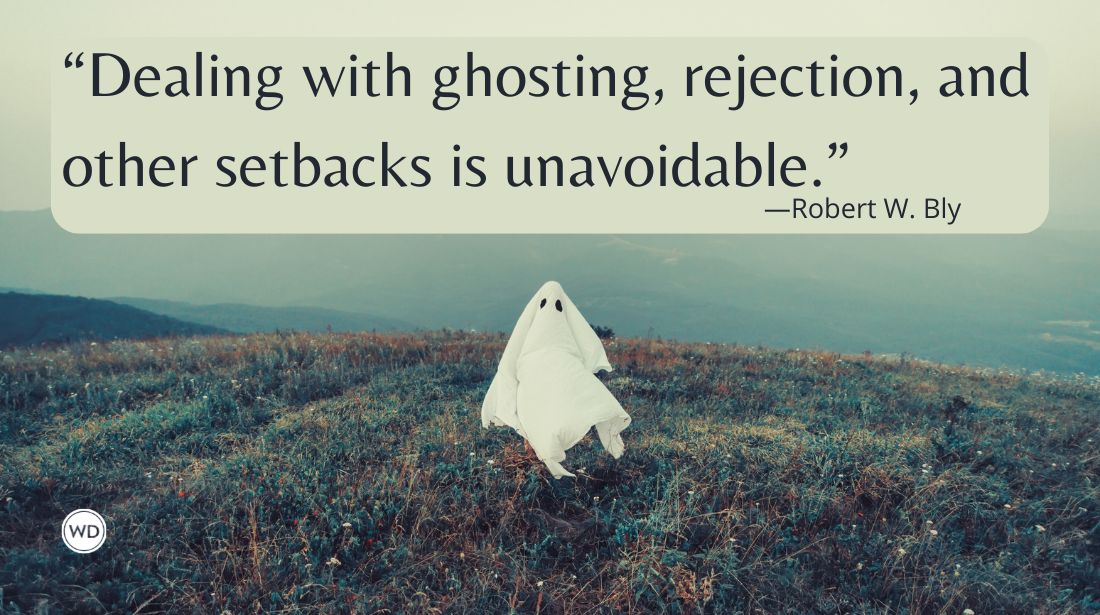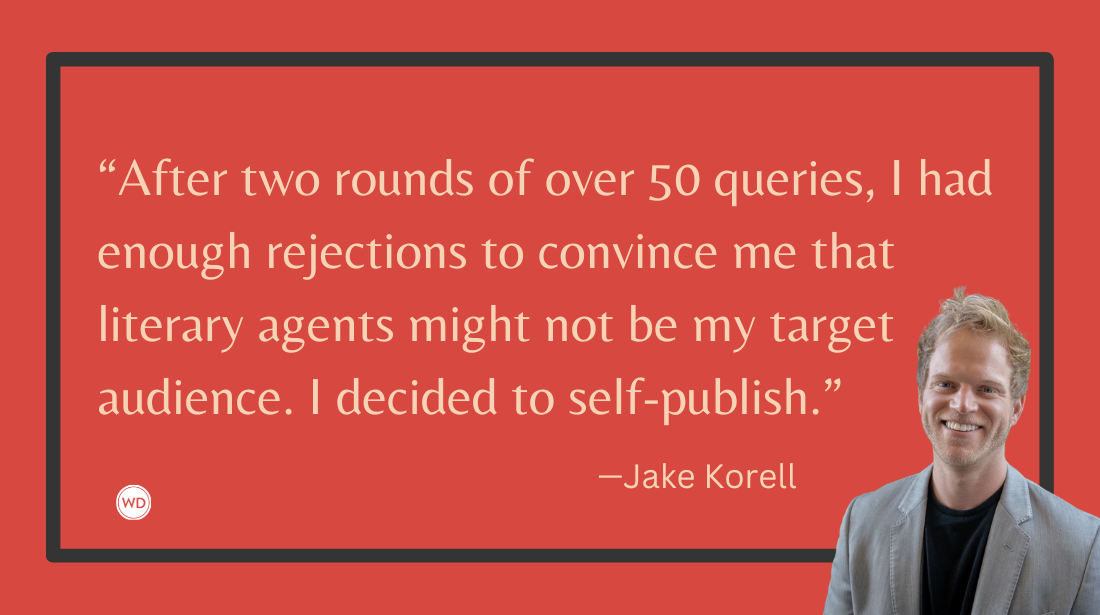On the Merits and Demerits of Genre Recognizability
Author Topher McDougal discusses the dilemma of writing a book that doesn’t fall into an easily recognizable genre.
“What section of the library does this even belong in? What books sit on either side of it?” This is from a close colleague seated across from me on stage, serving as interlocutor at the book launch event for my book, Gaia Wakes: Earth’s Emergent Consciousness in an Age of Environmental Devastation.
Fair play. Gaia Wakes is a book that explores the idea of planetary consciousness, and in doing so, violates the formal boundaries traditionally separating the natural sciences from the social, the scientific from the speculative, and the academic from the literary. It had posed a central question: What if the rapid rise of Artificial Intelligence were the first stirrings of a vast, emergent, interconnected consciousness—a brain capable of intentionally and rapidly coordinating the planet’s bodily functions? In it, I made the argument that such a development—something I call Gaiacephalos—would fit an evolutionary pattern of upgrades to the complexity of life that has already repeated four times over four billion years. It would be governed by a logic articulated in development economics, driven by the collapse of environmental services and systems.
How should one categorize such a treatise? A recent text from a friend wondered: “Is Science Non-Fiction really a genre?” No, but I like the sound of it. Or a not-quite-portmanteau perhaps: “Social Science Fiction”? Or just: “Speculative Nonfiction”?
The genre questions I was now fielding were the latest iterations of a lack of traditional recognizability that had plagued my book since it was no more than a disjointed collection of notes straddling platforms (bulleted Google documents and chicken-scratched notebooks) and time-frames (stretching 3.8 billion years in the past to the first life on Earth, and into a hypothetical and indeterminately proximate/distant future) and genres (Environmental Science, Social Sciences, Science and Technology, maybe Science Fiction).
A word then on what qualifies as “scientific”: There is an irony in the sciences, whether of the natural or social persuasion. On one hand, they are entirely geared toward prediction; if a hypothesis fails to improve our ability to predict the developments of our observable universe, it is rejected. Robert Pirsig famously observed that our capacity to generate hypotheses outpaces our ability to test them—a dilemma that forces science into a widening liminal space between the knowable and the known. But on the other hand, good (i.e. predictive) scientists are strongly cautioned against making prognostications: the foretelling of future events without ample caveats regarding all the parameters and conditions that must remain stable in order for their predictions to hold.
While my book did not claim to predict the advent of Gaiacephalos, it did claim to identify Gaiacephalos as one possible analytic outcome of current developmental trajectories. And it conjectured a scenario in which a scalar leap of organization had occurred, throwing into question many of the social parameters that we might otherwise deem fixed. I evoked the anthropologist Gregory Bateson’s analogy of a truck reversing to describe the challenge of understanding the mechanics of ever-higher levels of analysis: Add a trailer and the process gets tricky. Add a second and it becomes diabolically difficult for one to intuit the dynamics of control. Add a third and we are entirely adrift.
So here was another point in favor of my “Speculative Nonfiction” non-genre: I was loosening too many parameters at once to really be recognized as “science” at all. And yet, we can simultaneously acknowledge the pitfalls of forecasting, while nevertheless defending the need to do so. As historian David Christian writes in Maps of Time, humanity may be seen as hurtling into a dark, unknown future, and any light we can cast upon the road ahead, however dim, might help us avert disaster.
Even if a reader were to grant my book the moniker of “scientific” for the sake of finding a genre home, it wouldn’t be clear from which science it derived, or even from which family of sciences. My history of scalar upgrades itself crossed (or “trespassed, in Albert O. Hirschman’s evocative phrase) the disciplinary boundary between the natural and social sciences. And my next predicted upgrade would transcend our understanding of the “social”, as well: What we currently think of as interacting collections of multifarious individuals would be incorporated into a unitary superordinate entity.
In addition to genres, the book straddled markets. It was too irresponsibly speculative—too willing to conjure untested futures—to be embraced as a proper academic work. The university press with which I had published my last book advised: Take it to the trades. (They had recently published a similarly future-looking, speculative social science and technology book that had sold well, but which received some blowback for being ungrounded.) Even to consider it, the university press would need the sign-offs of three separate acquisitions editors who don’t usually work together. But the trade folks I spoke with thought the book too dense and scholarly to be widely accessible: I should take it to a university press. Neither fish, nor fowl. Much has been written about outsider hybridity in the context of ethnicity and culture, and I began to recognize my book as a different manifestation of the same interstitial phenomenon.
So I set about scanning the scene for recently released social science books that did something new or different, noting the publishers of each. In this way, I quickly alighted on a promising match: a boutique trade press with a thematic specialization in the social sciences, a director with a passion for sharp thinking and beautiful books, and a distribution arrangement with a top-tier university press. And not a word about genre. I would like to think that in resisting easy classification, Gaia Wakes demands that its readers—and its author—learn to accept the indeterminacy that is required in all moments of great change, and to struggle with conceptual synthesis. That, more than another marginal addition to a formal genre, is what I think these times require.
The thing is, of course, that all this nonsense about genre isn’t really nonsense. Bookstores, from the local haunt to Amazon’s vast online catalog, adopt categorization principles, usually based on genre. (One bookstore I used to visit in Massachusetts famously organized its books by publisher rather than genre, subject, or author—probably easy for staff to stock, but delectably maddening for would-be buyers. It went out of business.) And this categorization may affect its visibility, ultimately determining whether one’s book is discovered or not. Gaia Wakes has been categorized by Amazon under “Environmental Science” → “Environmental Policy”. We’ll see.
In the event, I responded to my colleague’s question on stage that evening quite literally. On my bookshelf, thanks to a happy and completely idiosyncratic organizational scheme, Gaia Wakes can sit squarely between environmental studies, and technology and future studies. On the left: billions of years of slow evolution on Earth, from theoretical physicist Sarah Imari Walker's treatise Life as No One Knows It on the origins of life, to veterinarian and legal scholar Charles A. Foster’s Being a Human about the neolithic self-domestication of our species through agriculture. On the right, a rapidly accelerating technological future: Benjamin Bratton's The Stack about emergent global information architecture, Stewart Russell’s The Problem of Control about AI alignment, James Lovelock’s Novacene…
There’s a beauty in the fact that once books come home, we can re-wild them, incorporating their motley waywardness into whatever quixotic quest we are undertaking. Or vice versa: Walter Benjamin described a personal library as “a disorder to which habit has accommodated itself to such an extent that it can appear as order.” So when circumstances—horrible circumstances—compelled Benjamin to pack up and then again unpack his library, he saw these old friends re-individuated. And he recognized himself in them; they were long ago transformed by some alchemy:
“Not that they come alive in him; it is he who lives in them.”
Check out Topher McDougal's Gaia Wakes here:
(WD uses affiliate links)









